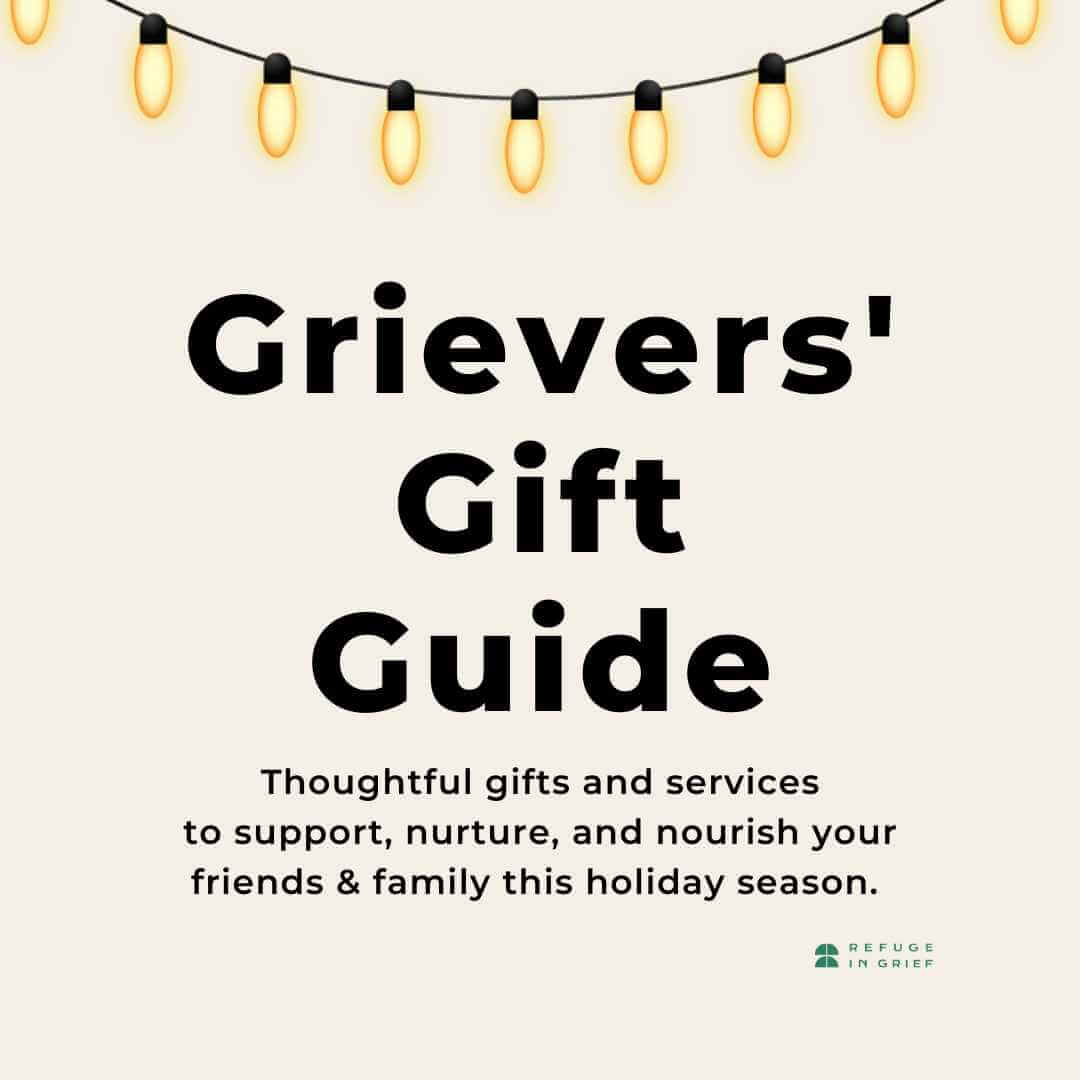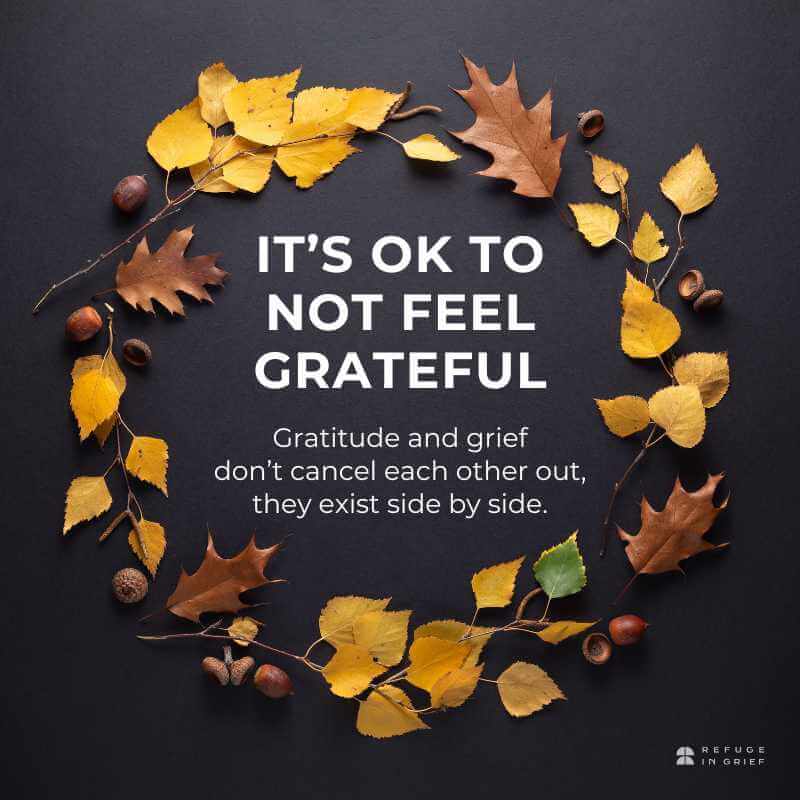Grief, Wildfires, and the Power of Acknowledgement
West Coast folks – whew. Everything is a LOT right now. When you’ve already lived through things people say are “unlikely to happen,” it’s *really* hard to remain calm when things go sideways in the world around you.
From fires to the pandemic to the – everything, finding even the tiniest corner of calm and rest is important. One moment at a time, friends.
These wildfires in OR (and our need to evacuate) remind me of what helps me during times of upheaval and uncertainty: information plus tangible, practical action. In my case: looking for information on wildfire spread near my neighborhood, finding safer lodging, packing our go bags, and leaving to what feels like much safer ground. TBH, even just packing our go bags and getting gas in the car helped a lot.
Calming down your nervous system so you can take appropriate action is *the thing* in any kind of stressful experience. No matter what is unfolding around you, take just a moment to stop. Slow down. Ask yourself what action is needed in this moment. And then, to the best of your ability, do that thing. Chaos is tamed by information and practical action. It doesn’t change the severity or importance of the situation, but it can help you feel calm enough to make decisions.
Of course, if you’re in a legit time sensitive emergency, you can’t sit down and make a list of practical actions. You can, however, close your eyes for a few seconds and exhale. Bring your thoughts back to the here and now. Help your nervous system use its energy efficiently and wisely by not allowing panic to unhinge everything.
This whole Oregon wildfire thing also underscores the importance of acknowledgment. I talk about acknowledgment all the time in grief, but it’s an important communication tool in all kinds of situations. Case in point: it took days for the city of Portland to acknowledge that some of us live at the county line – a street or two over from the evacuation zone – and we were understandably freaked right the hell out by the proximity of fire. They’d said absolutely nothing about these areas of the city while our neighbors a few blocks over were on evacuation alert. I mean… they said nothing. Not “there’s no threat.” Not “folks out there on the county line, please consider yourselves on green alert.” Nothing. For two days.
They did, eventually, say something. And even though the message was “there is no current evacuation order even for areas that abut the next county” – naming the concerns we all had? That made a difference. Acknowledgement matters. It doesn’t change things, but it lets you know YOU ARE SEEN. No acknowledgment? You’re just flapping out there in the breeze with nothing but chaos, feeling completely alone.
Acknowledgement is one of our most powerful relational-communication skills. And it’s one we really, really need to use more often.
How?
Reflect the truth back to the person: in pandemics or wildfires or other dangerous situations with little information, it might be something like: “I hear that you’re scared. It makes sense that you’d feel this way – there hasn’t been much information.” In grief, acknowledgment might sound like, “you don’t know how to live without your dad right now. I hear that.”
What are some things you’ve heard that made you feel ACKNOWLEDGED? In grief or otherwise. Share them in the comments. Acknowledgment is a skill – seeing what other people say can help add to your own library.
PS: Luna, Brax, and I are all quite safe at this time. Not getting much work done, but otherwise, all is well. Here is a picture of Luna settled in to our temp house.

 Wishing for some company inside your grief? Now, as always, the very best place I know to connect YOU with other grieving folks is inside the Writing Your Grief community. 24 hours a day, 7 days a week, there is always someone there: when you feel invisible inside your grief, these folks see you. The October session is open now and we’ve got room for you. Follow this link to join us, and pass it on.
Wishing for some company inside your grief? Now, as always, the very best place I know to connect YOU with other grieving folks is inside the Writing Your Grief community. 24 hours a day, 7 days a week, there is always someone there: when you feel invisible inside your grief, these folks see you. The October session is open now and we’ve got room for you. Follow this link to join us, and pass it on.


